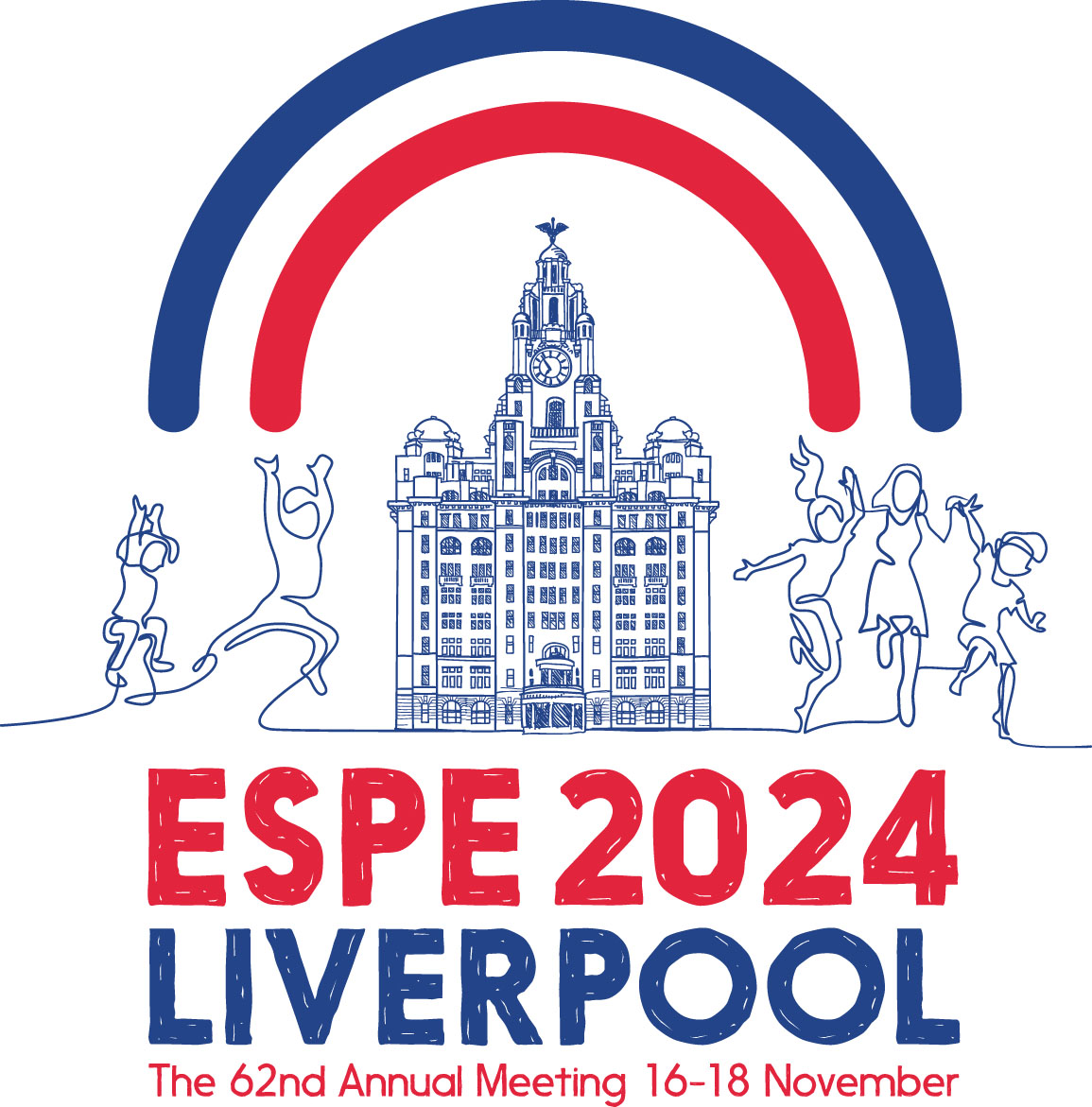
62nd Annual ESPE (ESPE 2024)
Liverpool,
UK
16 Nov 2024 - 18 Nov 2024

The 62nd ESPE Annual Meeting will now be taking place in Liverpool, UK.



